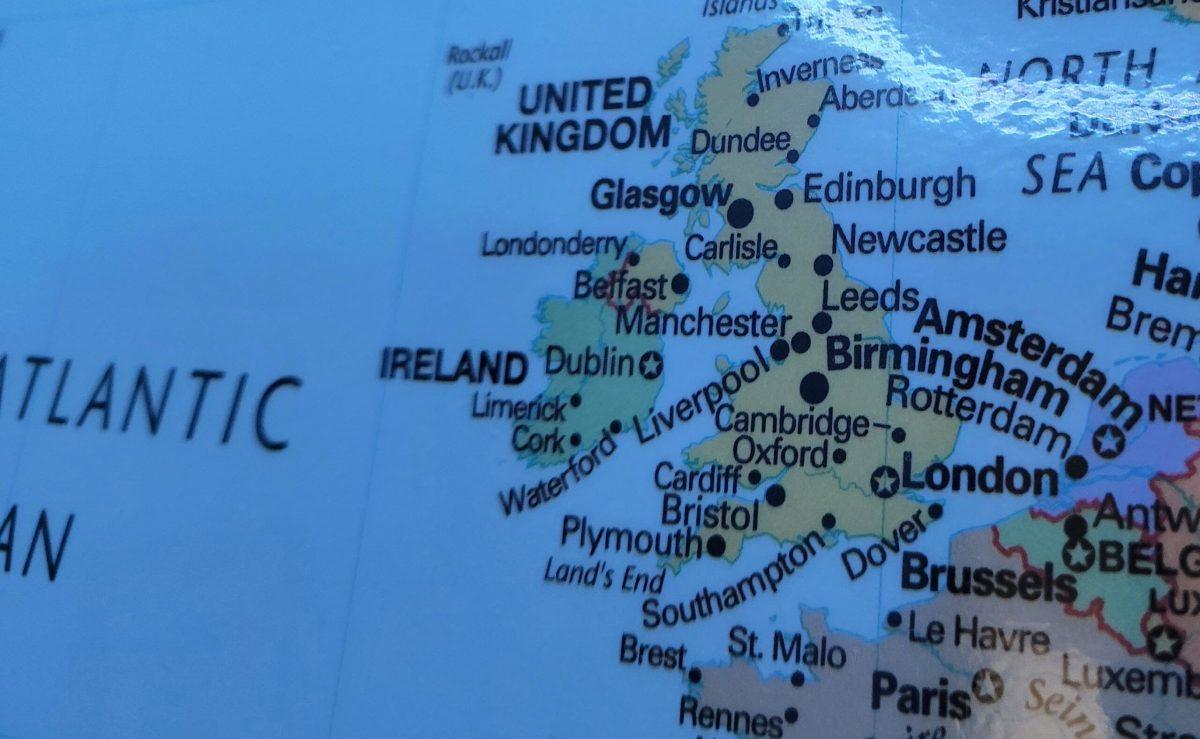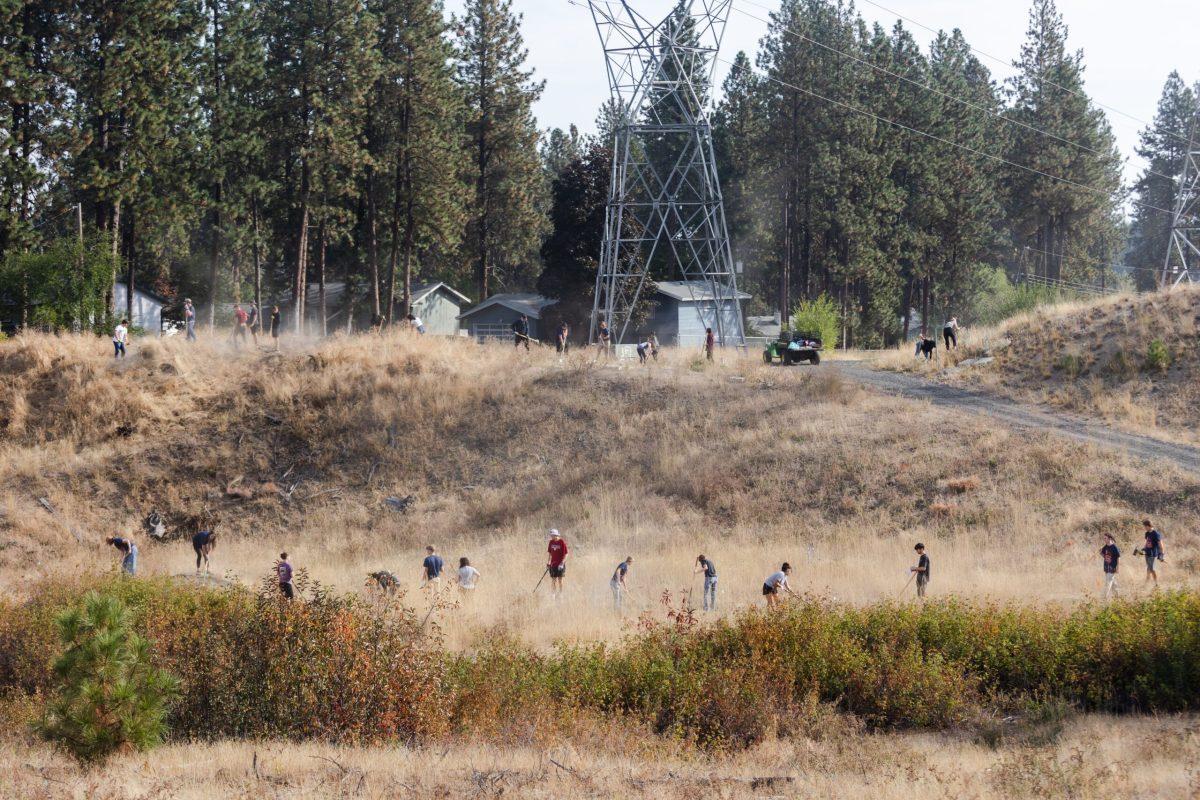For weeks, I’ve hesitated to write about Libya. Events were unfolding at such a rapid rate that I feared anything I wrote could be obsolete before it was published. Now that the revolution in Libya has been underway for more than two months, I feel I can begin to offer meaningful criticism of the way in which the United States has played its role in the conflict.
From the very beginning, the Obama administration has mishandled the crisis, regardless of how you look at it.
First, of course, is the question of whether the U.S. should have become involved in the conflict in the first place. For instance, America’s involvement does not come without significant monetary cost. It is even questionable if President Barack Obama had the authority to authorize military action on his own.
According to Fred Lucas of CNS News, while campaigning for president in 2007, Obama explicitly stated: “The president does not have power under the Constitution to unilaterally authorize a military attack in a situation that does not involve stopping an actual or imminent threat to the nation.”
The situation in Libya by no means constituted an “actual or imminent threat” to the U.S., yet Obama chose to authorize U.S. military action without consulting Congress. Whether his action was truly unconstitutional or not, Obama did not even follow his own guidelines.
Second, the exact nature of the Libyan rebels is not clearly known. Indeed, according to Sebastian Abbot of the Associated Press, “NATO’s top commander, U.S. Navy Adm. James Stavridis, told Congress last month that officials had seen ‘flickers’ of possible al-Qaeda and Hezbollah involvement with rebel forces.”
If this turns out to be true, the U.S. is spending taxpayers’ dollars and risking American lives to aid some of the very people committed to America’s destruction.
All this is relatively unimportant now since Obama did eventually decide to get involved in Libya. However, U.S. involvement has been bungled at nearly every opportunity.
Most apparent was the indecision of the Obama administration. The revolution in Libya began on Feb. 15. By Feb. 28, the U.S. was positioning naval assets off Libya’s coast and calls were mounting for the imposition of a no-fly zone to prevent Libyan dictator Moammar Gadhafi from bombing his own people. However, coalition forces did not begin bombarding Gadhafi’s forces until March 19. By the time the airstrikes began, Gadhafi’s forces had reversed the significant initial progress of the rebels and were threatening the last rebel stronghold in Benghazi. If coalition air and naval power had been used sooner, while Gadhafi was still reeling from the initial shock of the revolution, it is possible that Libya would not still be mired in a civil war.
Why the delay? Though he decided not to consult Congress, Obama had to get approval from the U.N. and the Arab League. When decisive action was needed, France and Britain stepped up to the plate, while the Obama administration dragged its feet. Weeks later, after filling out the requisite permission slips, Obama eventually assented to U.S. participation. Well, kind of.
Obama strongly insisted that the U.S. would let NATO take the lead in operations and that the goal was merely the protection of Libyan civilians and not the deposition of Gadhafi. By making statements about what we would not do (send in troops or depose Gadhafi), Obama made several serious strategic mistakes. Even if the U.S. never intended to send in ground troops, wouldn’t it be better to keep Gadhafi guessing? Former U.S. ambassador to the U.N. John Bolton noted, “By demanding Moammar Gadhafi’s ouster while restricting U.S. military force to the more limited objective of protecting civilians, Barack Obama has set himself up for massive strategic failure.”
Obama had no reason to very publicly limit the U.S. role except, of course, if he was trying to cover his political backside.
While the U.S. took the lead in the initial operations, Obama rushed to pull American forces out of the fight and let NATO handle things. Without U.S. leadership, however, the situation quickly soured. AP writers Don Melvin, Robert Burns and Danica Kirka listed several of NATO’s early mistakes: “NATO holds its fire as Moammar Gadhafi’s forces advance 100 miles into rebel territory. It then blasts a rebel tank, saying it didn’t know the rebels had any — even though footage of rebels with tanks had been on YouTube for weeks.” The article later quotes Malcolm Chambers, a professor of defense at London’s Kings College: “This is something new. We haven’t had a significant military operation in which the Americans have taken a back seat for quite some time … It really is unclear whether the Europeans can rise to that challenge.” So much for NATO.
This is just an abridged list of the foreign policy faux pas committed by the administration. Amid Obama’s indecisiveness and unwillingness to take strong action of any kind, the battle lines have stalemated. The U.S. and NATO are now realizing that they have to step up their efforts in order to break the impasse. Thus, in trying to avoid committing to anything and seeking to cover his bases politically, Obama has actually put the U.S. in a more dangerous position where more commitment is necessary. In the meantime, lives and fortunes are being lost. Apparently, one doesn’t get much experience as commander in chief while organizing communities in Chicago.










